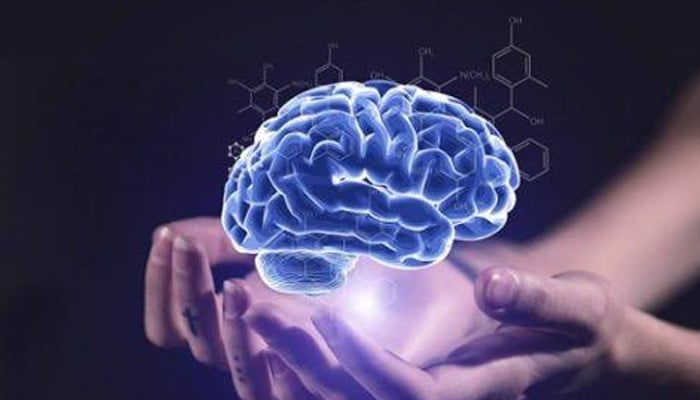Indians have smallest brains in the world: research
This astonishing fact was uncovered by researchers form IIIT Hyderabad and other educational institutes
November 01, 2019

India has some of the smallest brains in the world, according to a study conducted by researchers, including those from International Institute of Information Technology (IIIT), Hyderabad.
The project, as per India Today, developed the "first Indian human brain atlas" and found that there is a significant difference in the shape and size of the brain between Indians, Chinese, Koreans and Caucasians.
Furthermore, it stated that the brain size of Indians is smaller in height, width, and volume in comparison with the western and other eastern populations.
This astonishing fact was uncovered by researchers from Indian varsity IIIT Hyderabad and other educational institutes.
Published in Neurology India, the study is expected to help diagnose Alzheimer’s disease and other brain-related diseases.
The Montreal Neurological Institute (MNI) in Canada, and the International Consortium for Brain Mapping (ICBM) created the world's first digital human brain atlas using the brain MRI scans of 305 young normal Caucasian subjects.
Also read: Poor evidence cannabis improves mental health
However, the researchers said that the brain atlas does not account for differences across groups with different gender, race, or disease conditions. The researchers recruited 100 young healthy Indian adults — 50 females and 50 males — aged between 21 to 30 years, and developed the Indian atlas from their brain scans.
The Indian brain when compared with Chinese and Korean is similar in length but, significantly smaller in height and width.
However, the research does not reveal the functional dissimilarities in these populations due to the brain size deviations.
A brain atlas is a map of the brain which can be used to measure brain abnormalities.
According to the study, a brain atlas helps researchers compare findings from different brain imaging methods like Magnetic Resonance Imaging (MRI) and functional MRI (fMRI), or between healthy and diseased brain states, or across individuals.
The study was a result of combined effort of researchers namely Raghav Mehta from McGill University in Canada, Jayanthi Sivaswamy and Alphin J Thottupattu from IIIT, Hyderabad, and R Sheelakumari and Chandrasekharan Kesavadas from Sree Chitra Tirunal Institute for Medical Sciences and Technology in Kerala.











